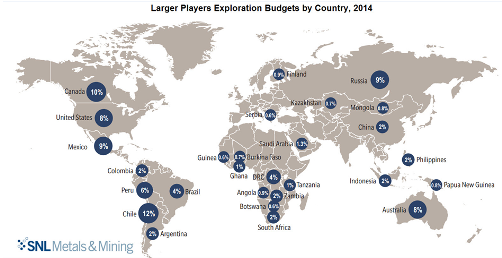ANGLO American plans to cut its global workforce by 60,000 people to 102,000 by 2017, with restructuring across its range of businesses and commodities as it seeks to drive up profits in a tough global market.
Anglo will know by the end of March next year whether it will list or sell its Rustenburg and Union platinum mines as it focuses on low-cost, high-margin, mechanised assets, removing about 20,000 employees from its books at a stroke.
Among the other assets up for sale or being considered for disposal are two coal mines in Australia, coal mines supplying Eskom in SA, the two platinum mines, along with two platinum joint ventures and the Thabazimbi iron ore mine in SA.
Copper assets are also being prepared for sale and Anglo was keeping its options open about whether to sell its nickel mine in Brazil, CEO Mark Cutifani said on Tuesday.
Anglo’s 80%-held subsidiary, Anglo American Platinum, has started the sales process for the Union mines, with Sibanye Gold, RBPlatinum and Northam Platinum understood to be the final three out of 81 expressions of interest in the assets. The sticking point is the price Anglo wants for the mines, but Mr Cutifani stressed Anglo was not chasing the best price.
























